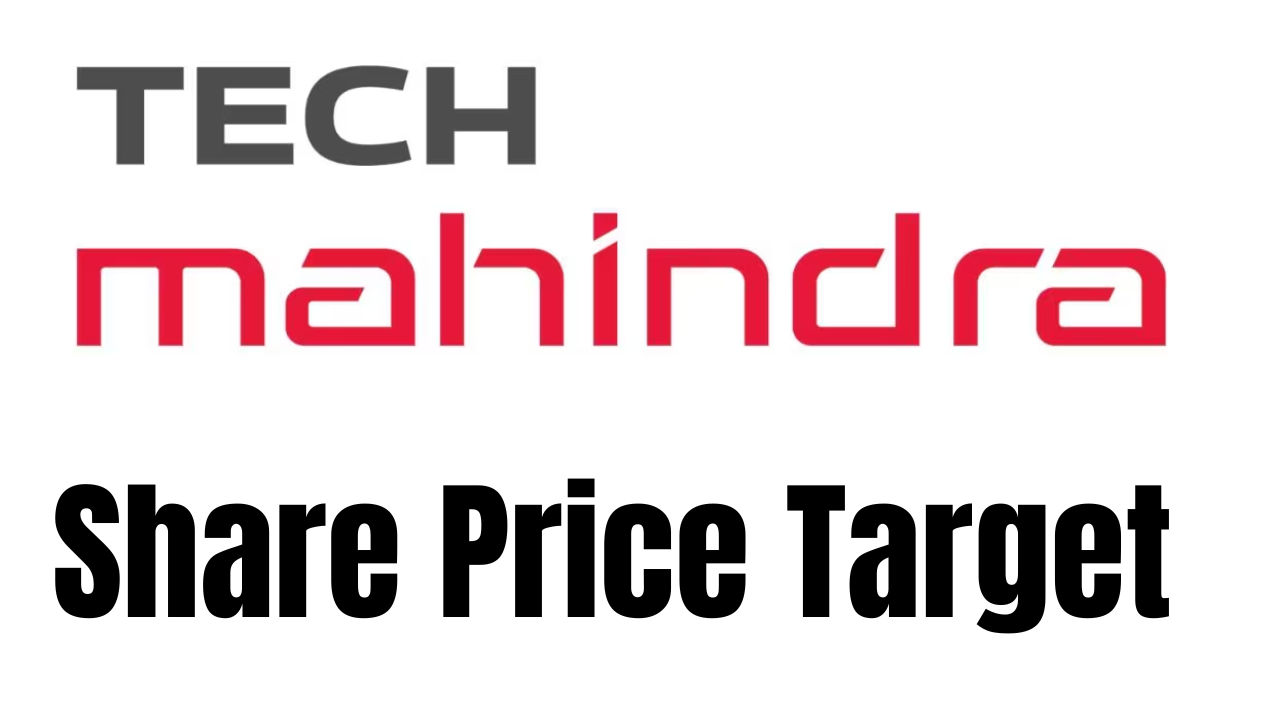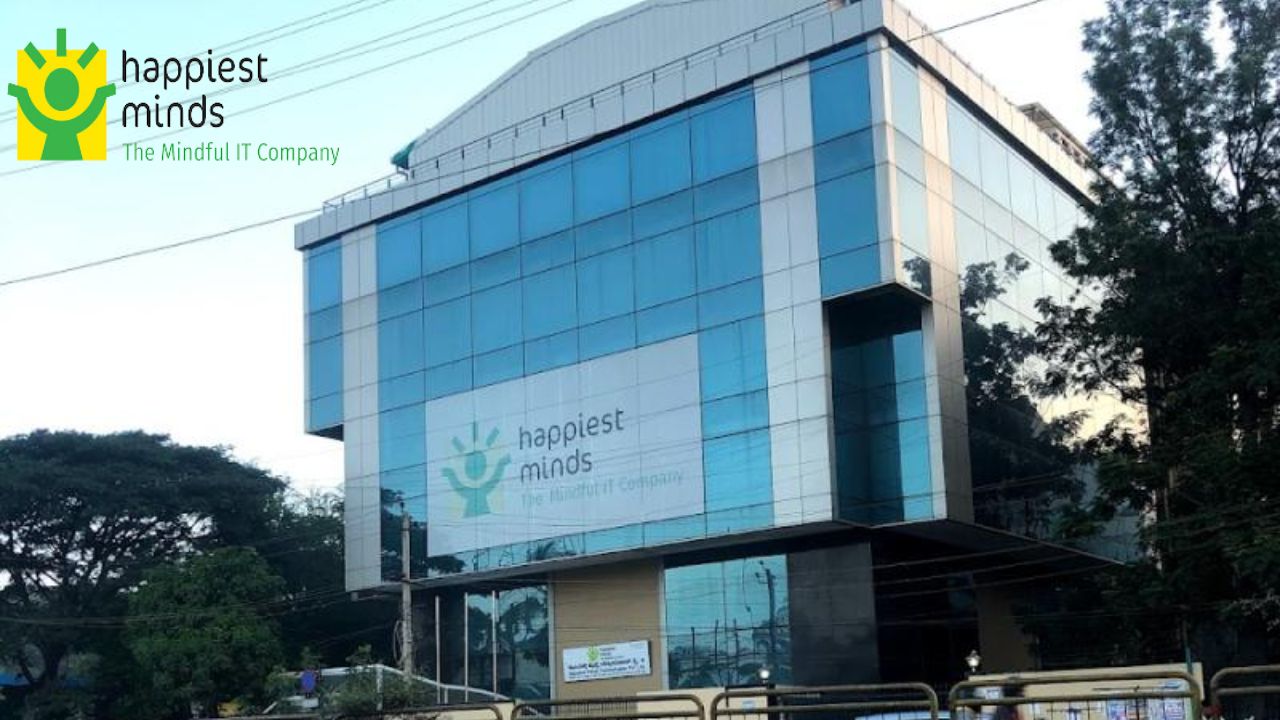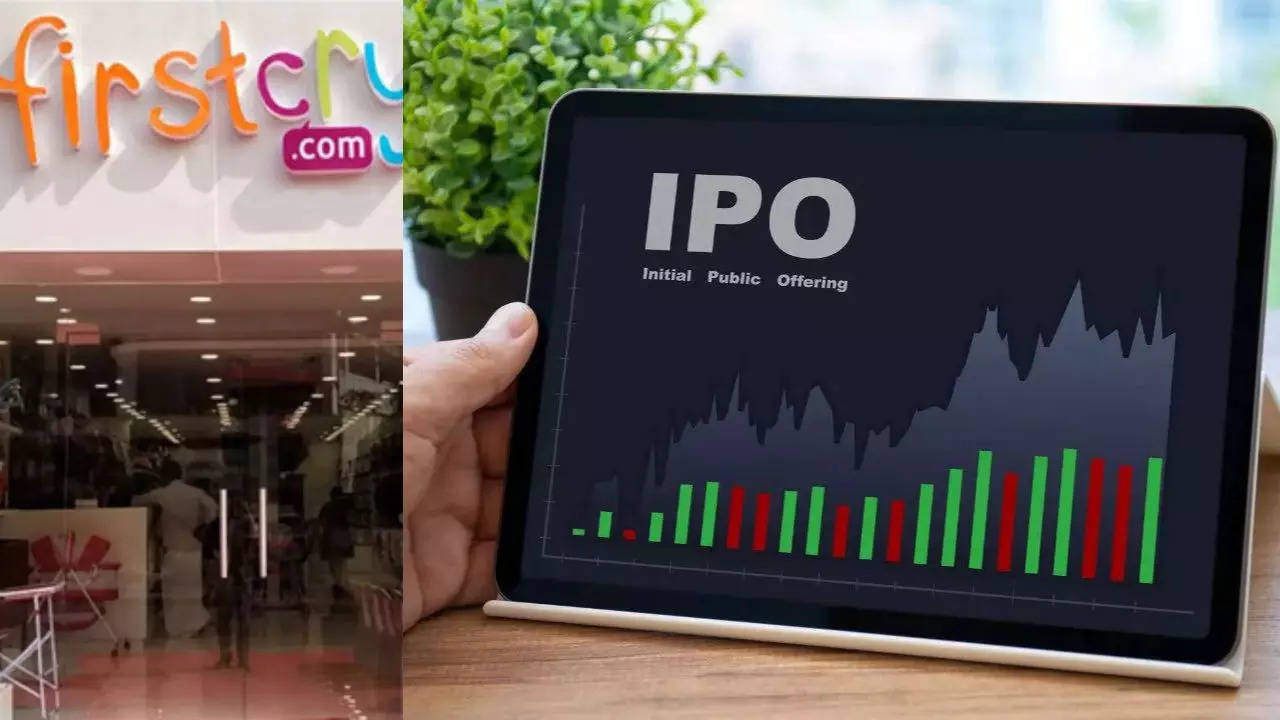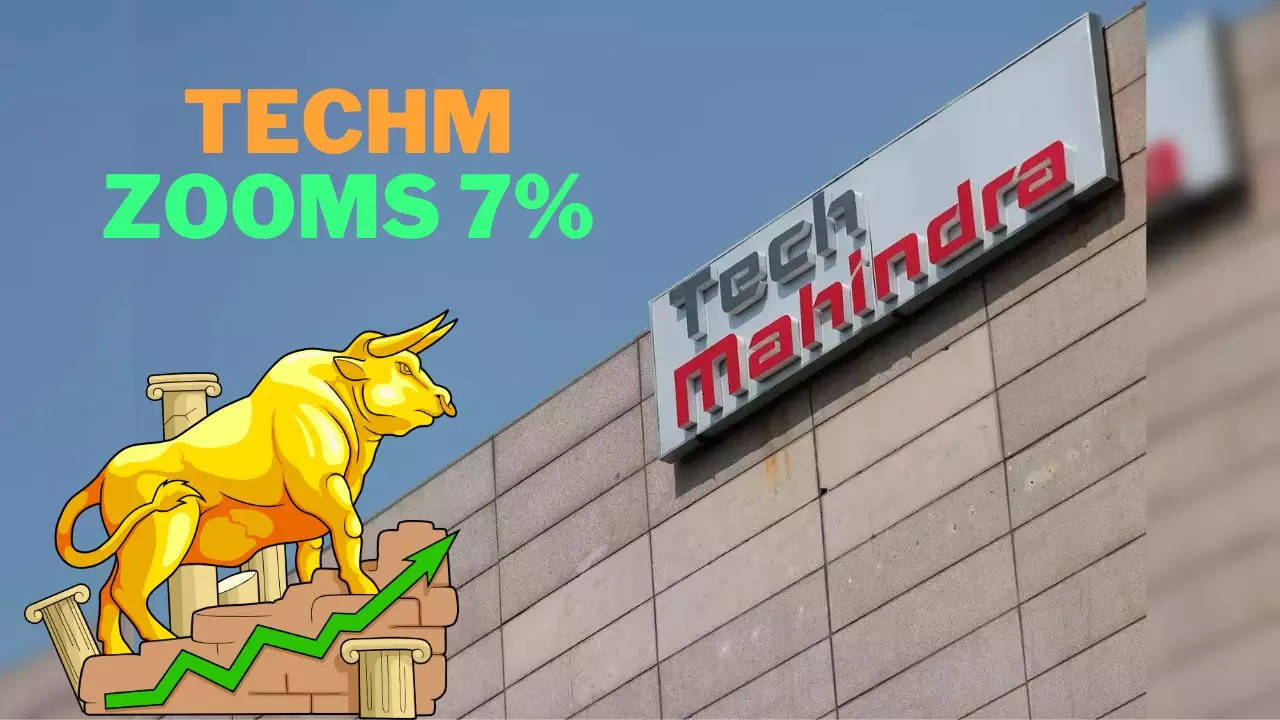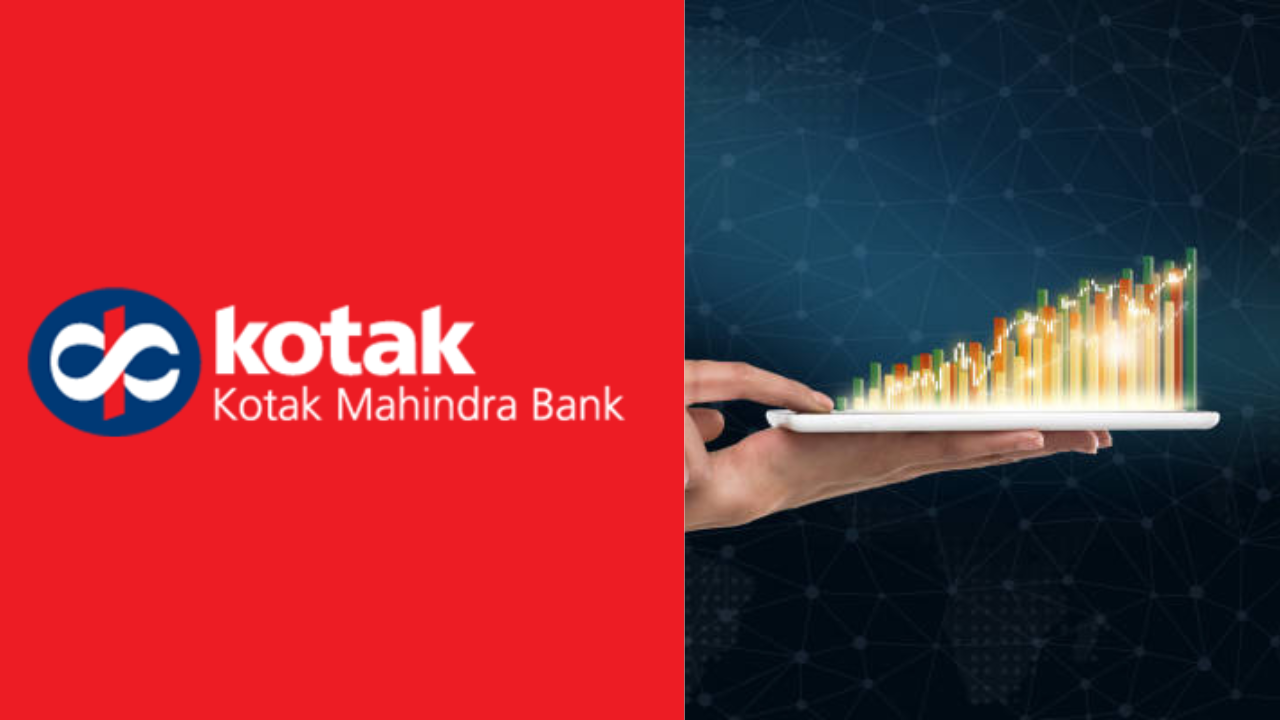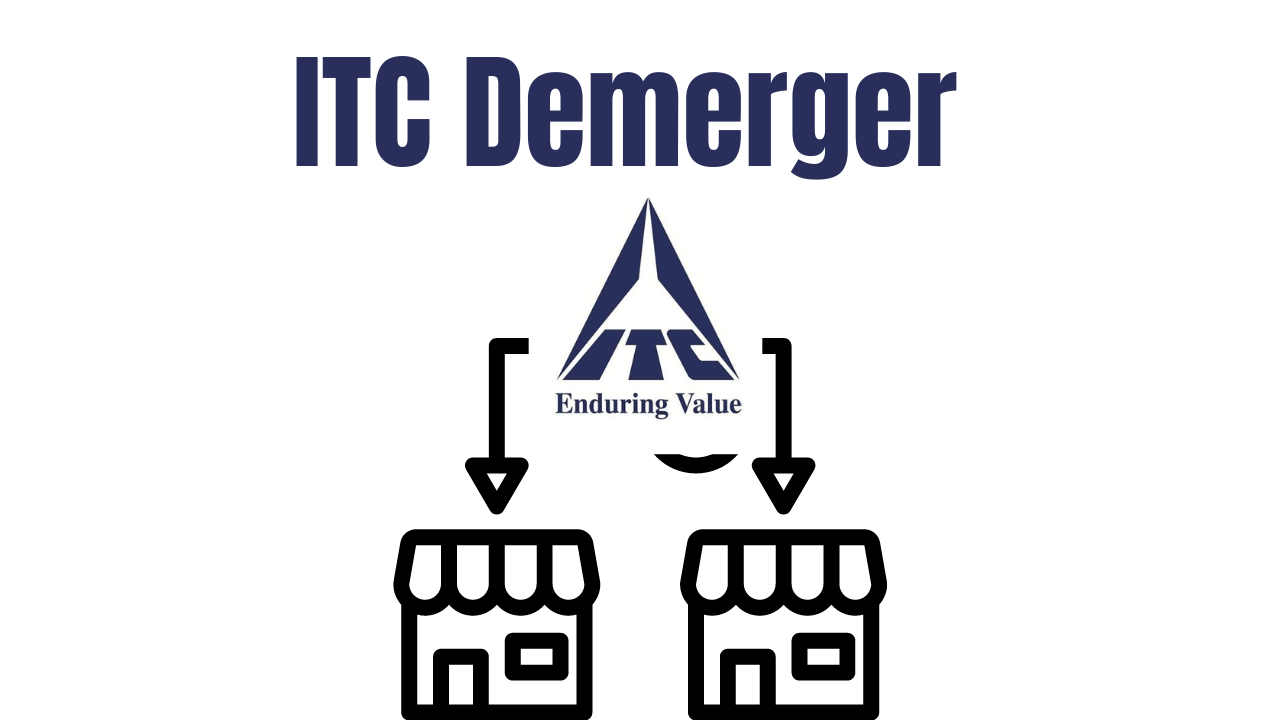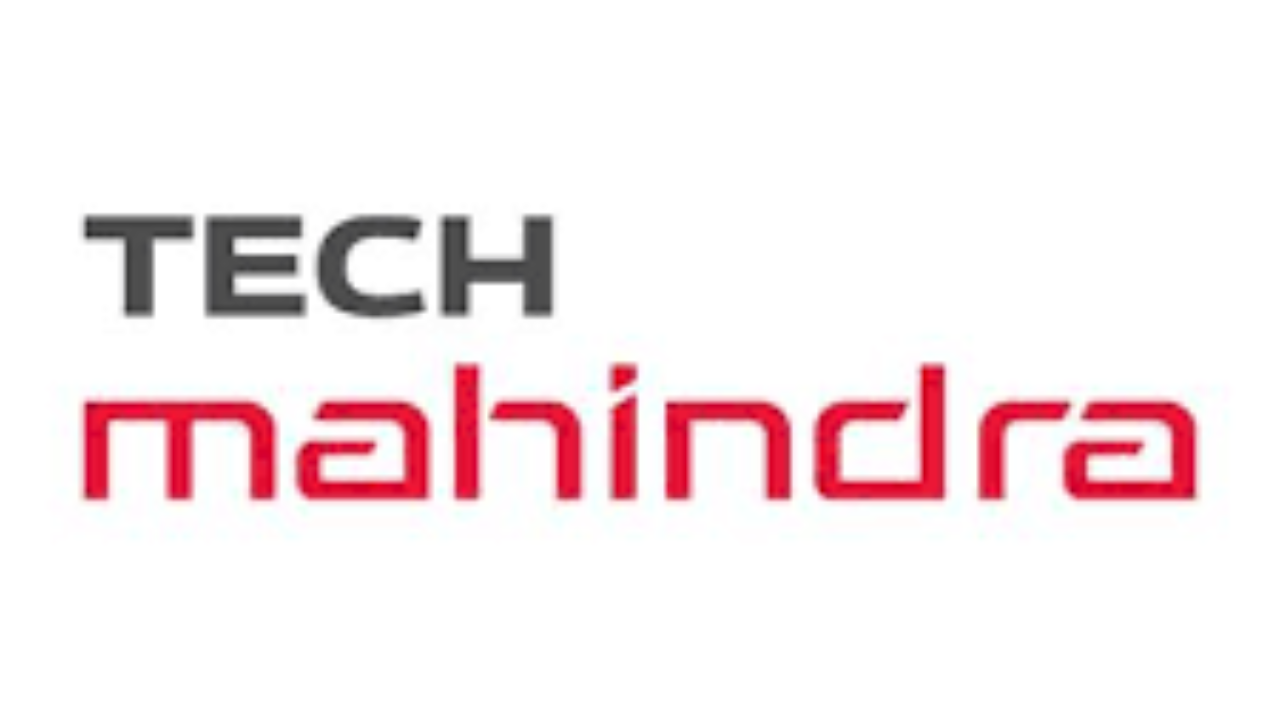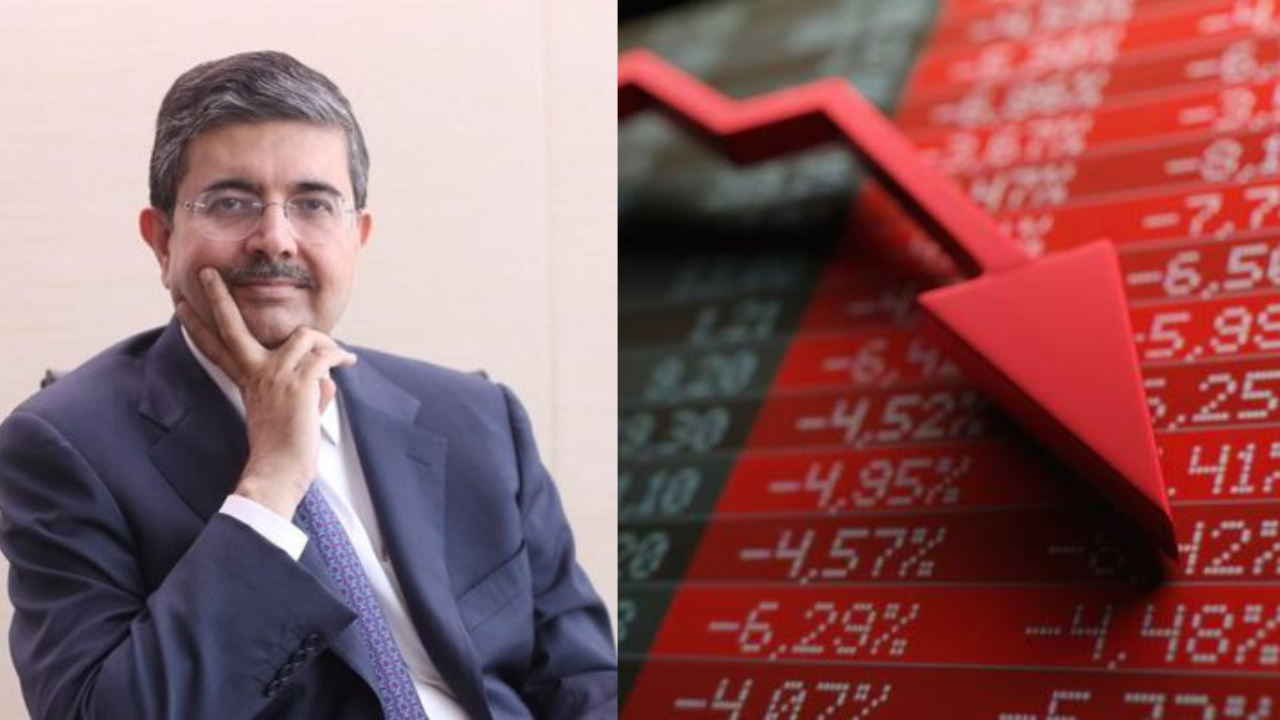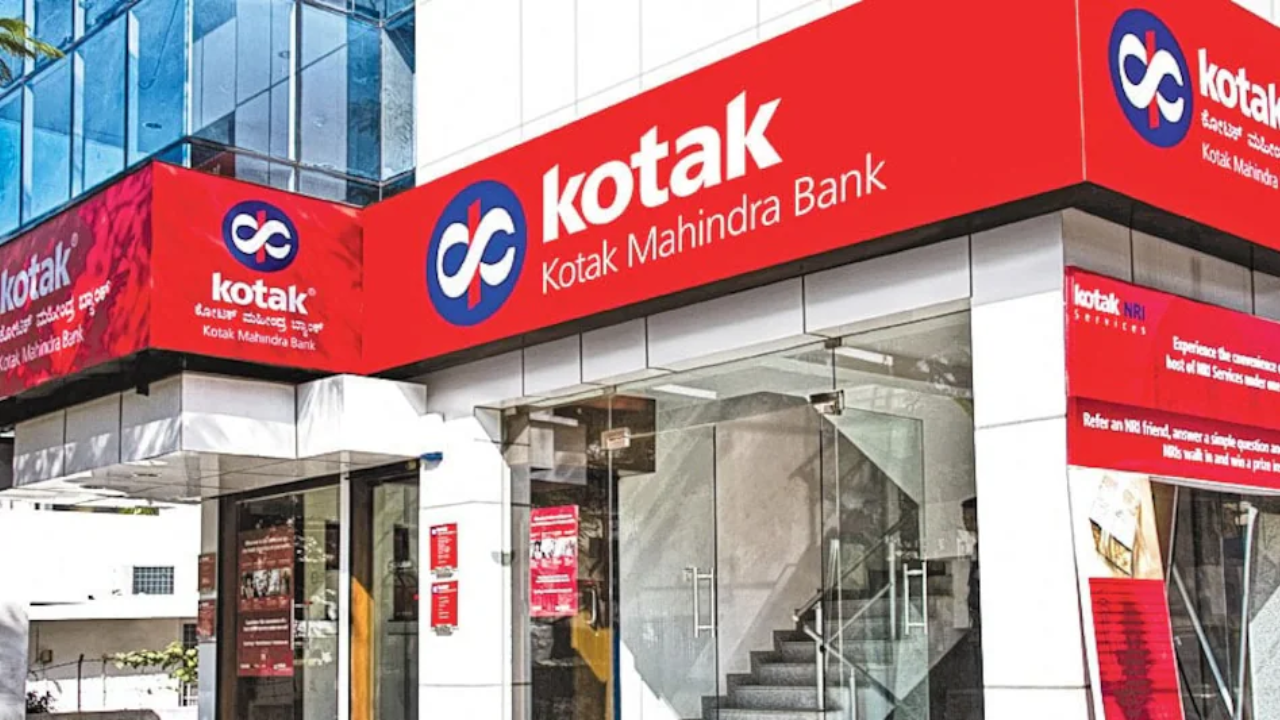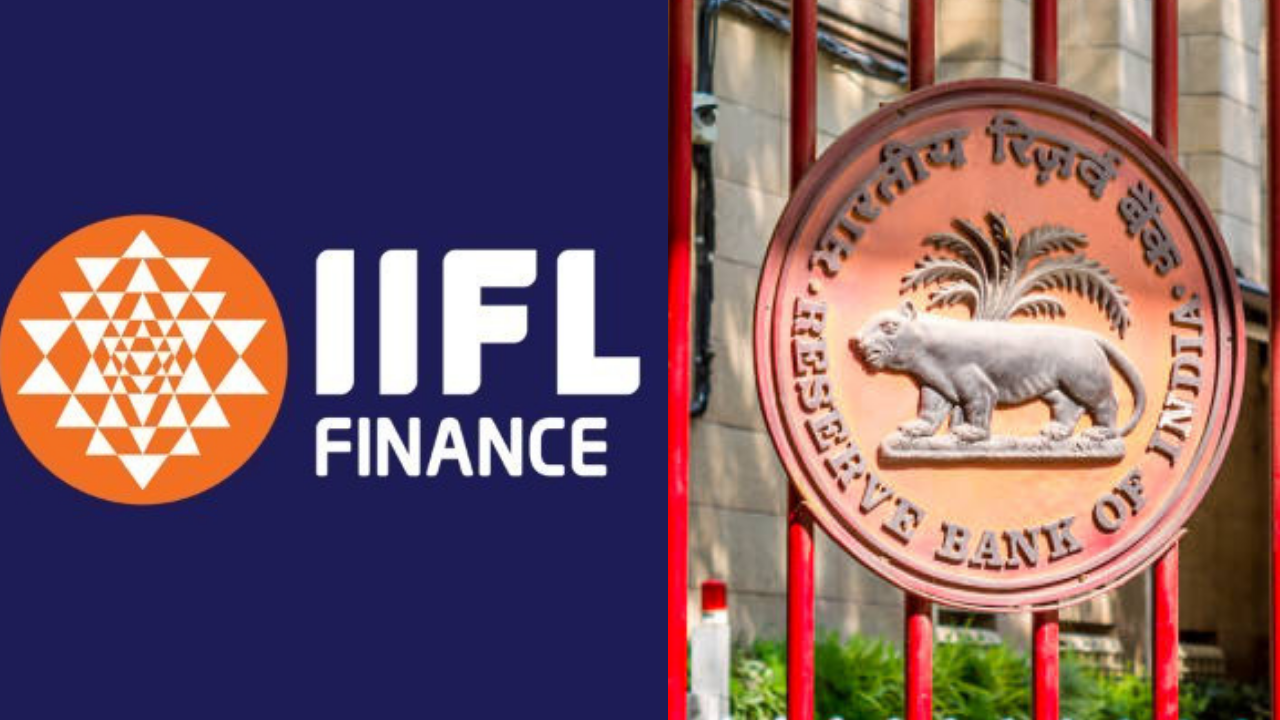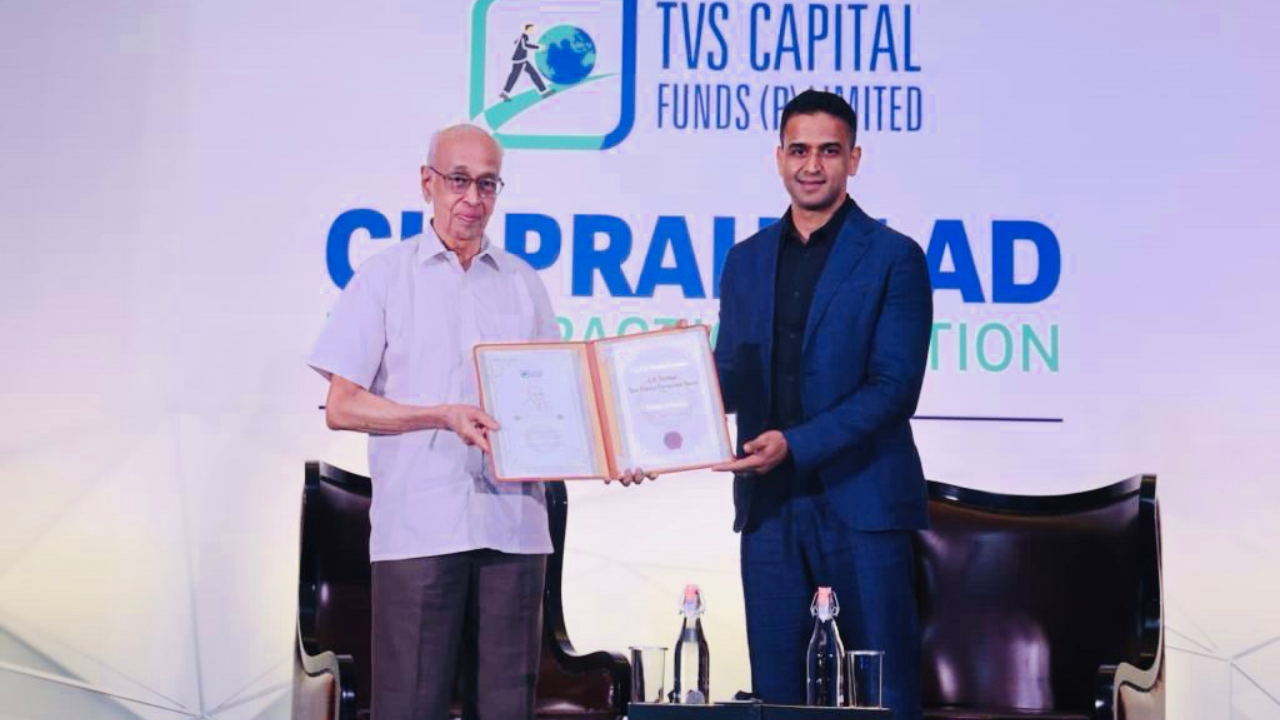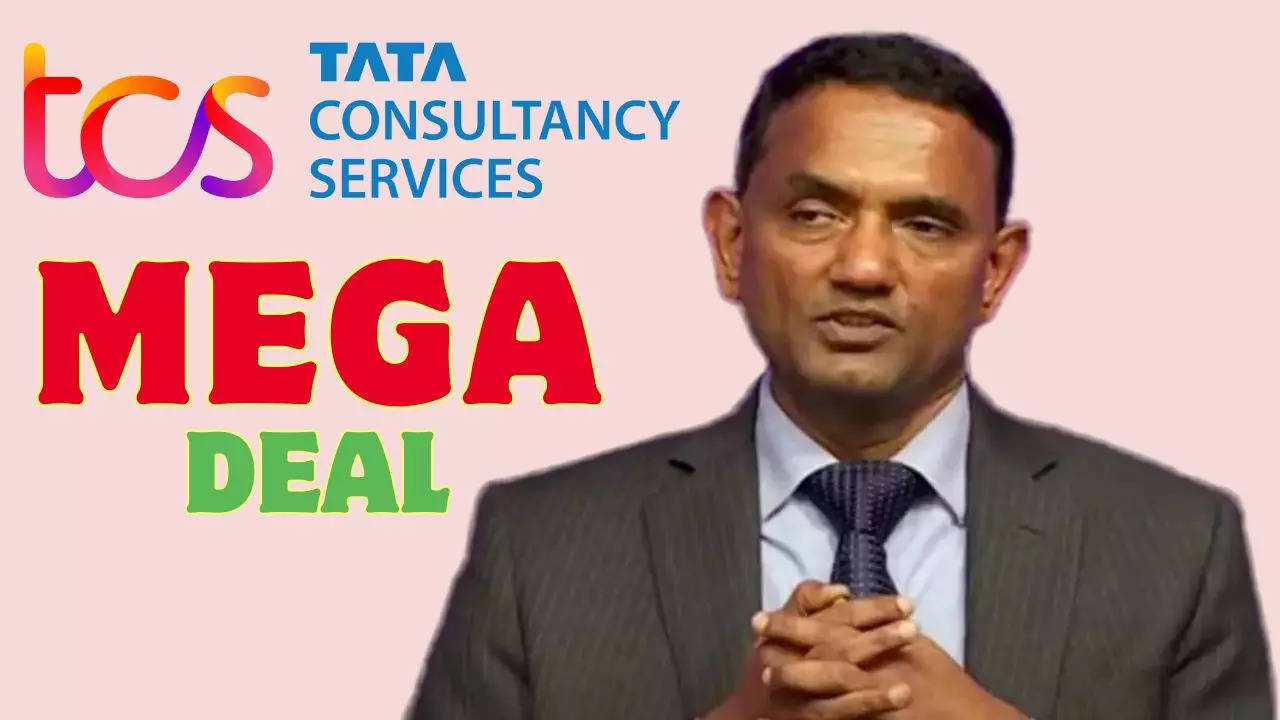

TCS Bags Multi-Million Dollar Deal In Mega Boost to K Krithivasan-Led IT Giant; Shares of IT Heavyweights Bleed
Tata Consultancy Services (TCS) has secured a significant multimillion-dollar agreement, marking a milestone in its strategic pursuits. The deal, spanning seven years, entails the comprehensive IT overhaul of Denmark-based corporation Ramboll, aligning with TCS’s commitment to fostering digital transformation on a global scale.
In a statement released Friday, TCS outlined its pivotal role in spearheading Ramboll’s end-to-end IT modernization initiative. The collaboration aims not only to enhance operational efficiency but also to catalyze business expansion while concurrently reducing carbon emissions. Services encompassing cloud management, application development, cybersecurity, and digital workplace optimization are set to be delivered by TCS under the terms of the agreement.
“Ramboll’s strategic partnership with TCS signifies a pivotal juncture in our journey towards innovation-driven sustainability,” remarked Thomas Angelius, Senior Group Director and Chief Information Officer at Ramboll. “With TCS as our ally, we anticipate fortifying our technological infrastructure to accommodate future growth trajectories while upholding our commitment to environmental stewardship.”
Ramboll, renowned for its global presence across 35 countries and a revenue exceeding DKK 17 billion (approximately Rs 20,600 crore), specializes in providing sustainable solutions to diverse enterprises.
However, the buoyancy surrounding TCS’s landmark deal was tempered by a downward spiral in the shares of leading IT firms. Shares of Infosys, HCL Tech, Wipro, and TCS witnessed a collective decline ranging between 3-5% during Friday morning trading. This slump was precipitated by Accenture’s downward revision of its FY24 revenue forecast to a modest 1-3% year-on-year growth. Accenture attributed the subdued outlook to prolonged decision-making cycles and subdued discretionary spending trends.
(PTI Inputs)


